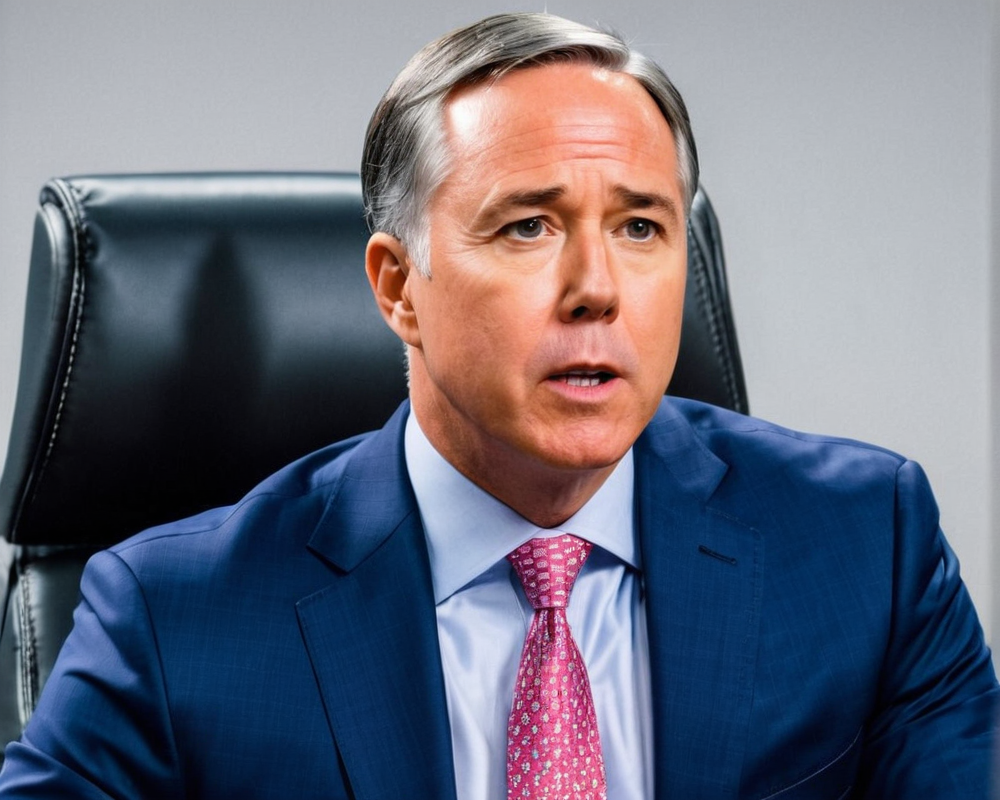In the Hot Seat: John J. Ray III Responds
In a move that has sparked more debate than a heated family dinner, John J. Ray III, the newly minted CEO of FTX, has firmly rejected calls for the ousting of the law firm Sullivan & Cromwell from their leading role in the ongoing bankruptcy case. Ray, appointed just as the ship was sinking on November 11, has been waving his legal wand since January 17 to argue the firm is critical in navigating what he fondly refers to as the “dumpster fire” he inherited.
Villains and Advisors: Setting the Record Straight
In his defense, Ray has made it clear that while he’s steering the ship, the law firm isn’t a villain. He argued that the real baddies involved are, well, being chased by the law thanks to the information compiled by his advisors. In his court filings, he stated,
“The advisors are not the villains in these cases. The villains are being pursued by the appropriate criminal authorities largely as a result of the information and support they are receiving…”
Trustee Trouble: U.S. Trustee Raises Red Flags
Despite Ray’s impassioned defense, the U.S. Trustee, Andrew R. Vara, isn’t convinced. On January 14, he filed an objection criticizing Sullivan & Cromwell for not sufficiently disclosing prior ties to FTX and for possibly having an insider’s advantage due to the connection of a former partner. It’s almost as if there’s a game of legal twister, and not everyone is following the rules.
The Creditor Claims Conundrum
Adding more fuel to the fiery debate, lawyer James A. Murphy, aka MetaLawMan on Twitter, accused the firm of having more than just a few conflicts of interest. According to him, Apollo Global, a private equity firm, has been quietly buying FTX creditor claims for a fraction of their worth. But wait, there’s a twist: Apollo’s chairman, Jay Clayton, is also with Sullivan & Cromwell. Talk about a small world in the high-stakes arena of bankruptcy! With the stakes this high, one can only imagine what sits atop the figurative poker table.
Who’s Watching the Watchmen?
The U.S. Trustee has suggested that retaining Sullivan & Cromwell could interfere with an independent examiner’s ability to do their job, which they believe should be prioritized over the current counsel. Their insistence for an independent look was rooted in a bankruptcy code clause that triggers such an examination when debts exceed $5 million. So, if you thought Cinderella had it tough, just wait till you see how these parties are handling the magical complexities of bankruptcy!
Political Pushback and the Judge’s Dilemma
Meanwhile, a group of U.S. representatives made their voice heard by requesting an independent examiner to investigate the situation, suggesting that the firm could not possibly be objective given their previous engagements with FTX. However, the judge, John Dorsey, tossed that letter aside like last week’s leftovers, calling it “inappropriate ex parte communication” and indicating that it wouldn’t influence his decision-making. The plot thickens, as Dorsey is set to evaluate a creditor’s objection regarding Sullivan & Cromwell’s role. Will the law firm be given the boot or are they here to stay? Only time will tell!



